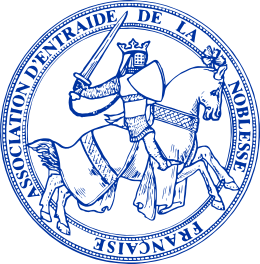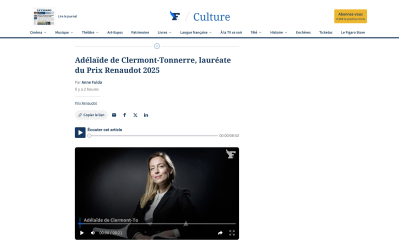News

Le Figaro étudiant: "Avoir un nom à particule multiplie vos chances d'entrer dans une grande école : l'avantage est saisissant" (Having a name with a particle multiplies your chances of getting into a top school).
24 November 2024
Press review
Viewed 380 times
According to a study, having a name with a particle, such as "de", "du", "des", "de la", significantly increases your chances of getting into one of France's most sought-after establishments. ©...
You must be logged in to read more









